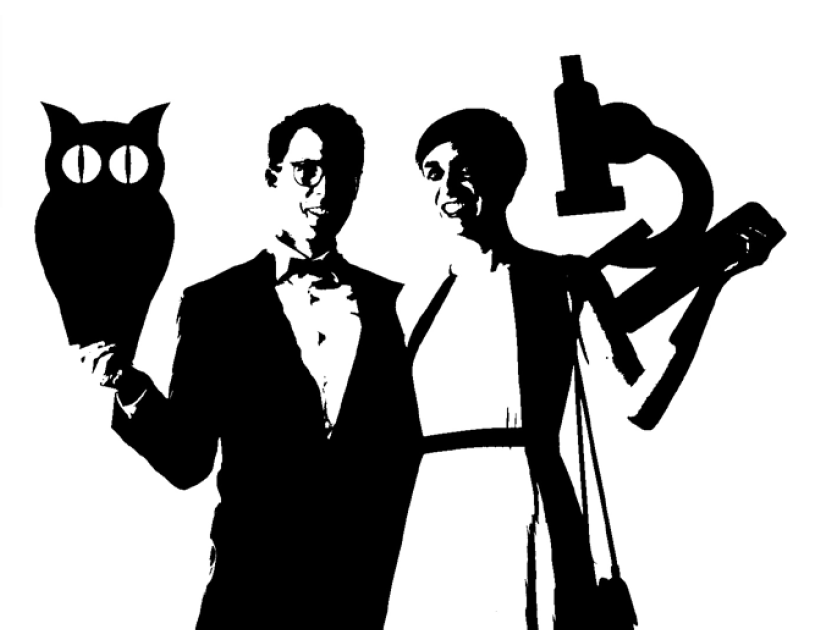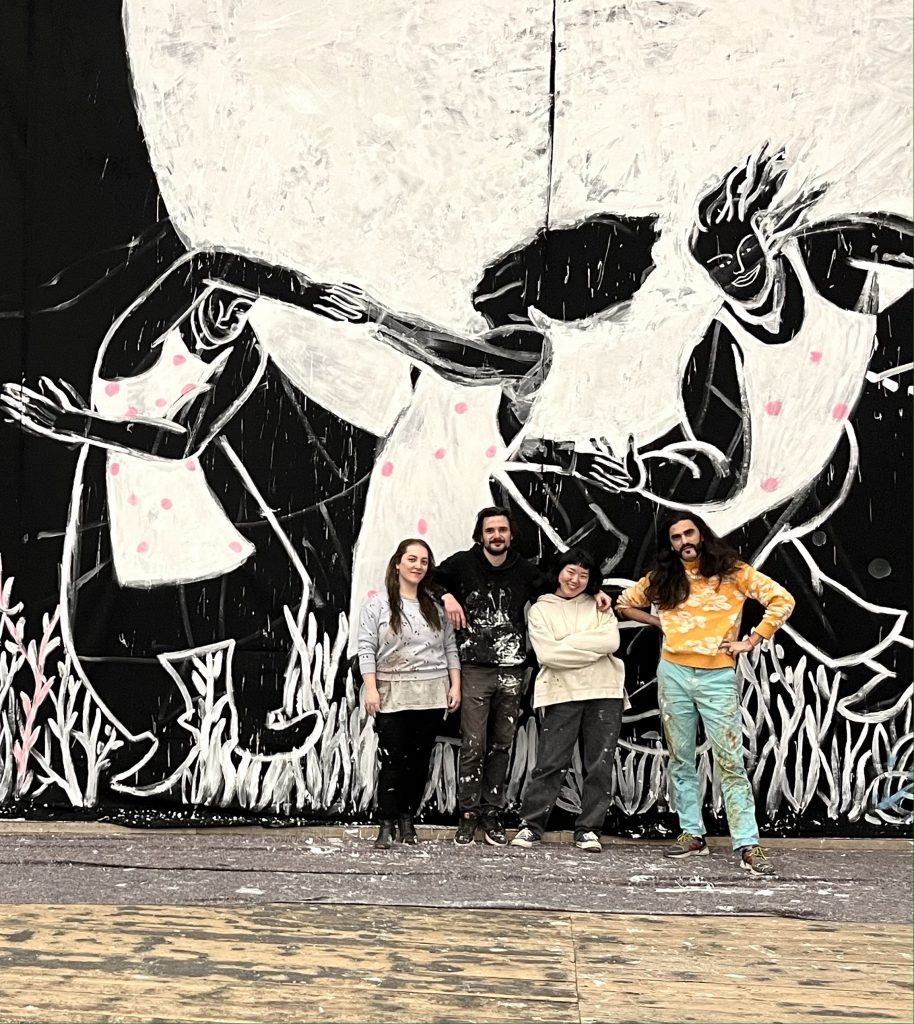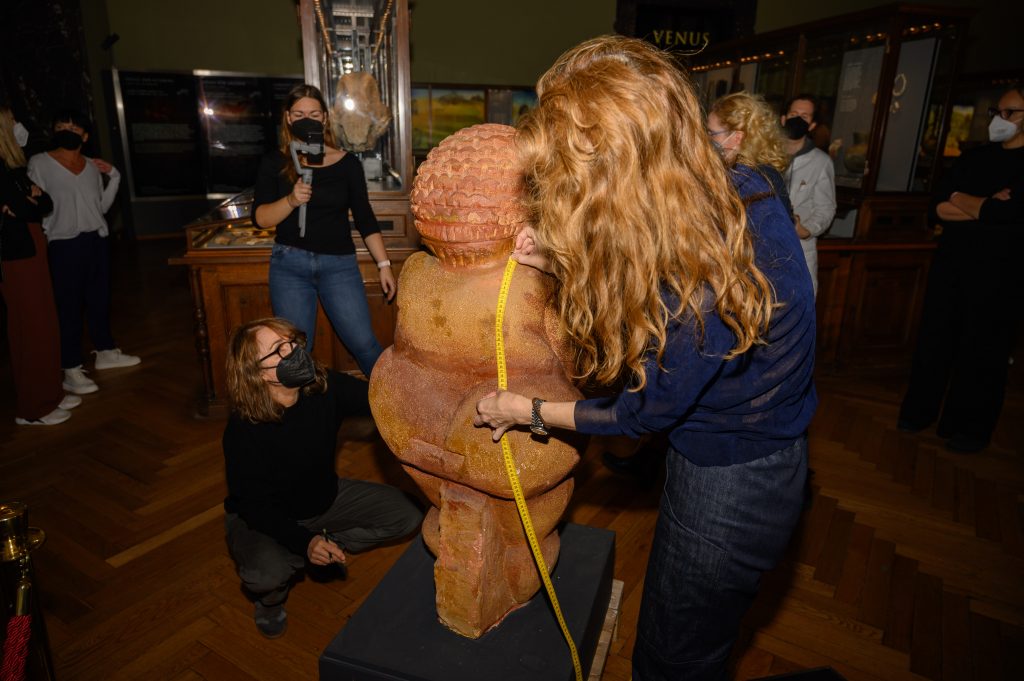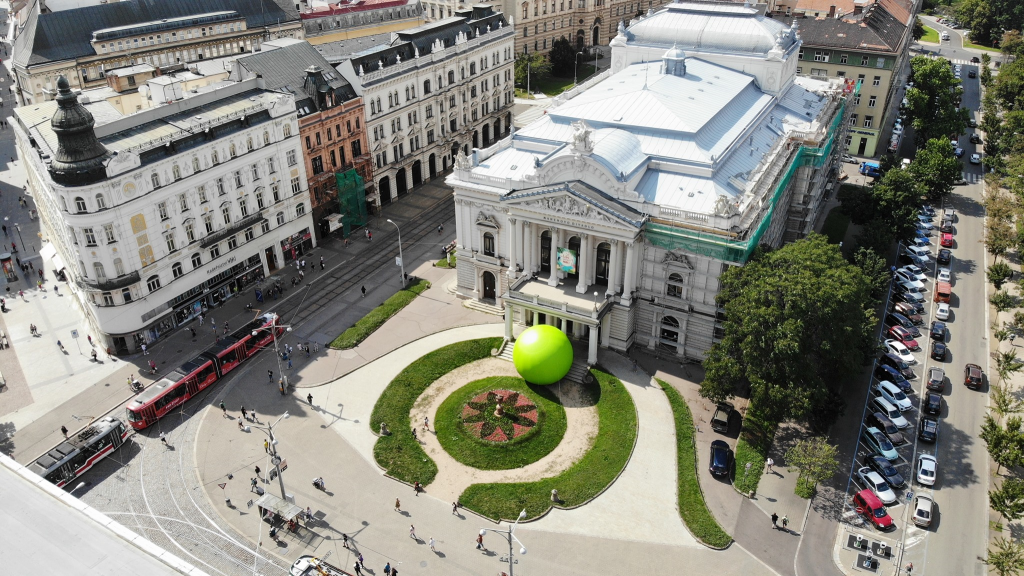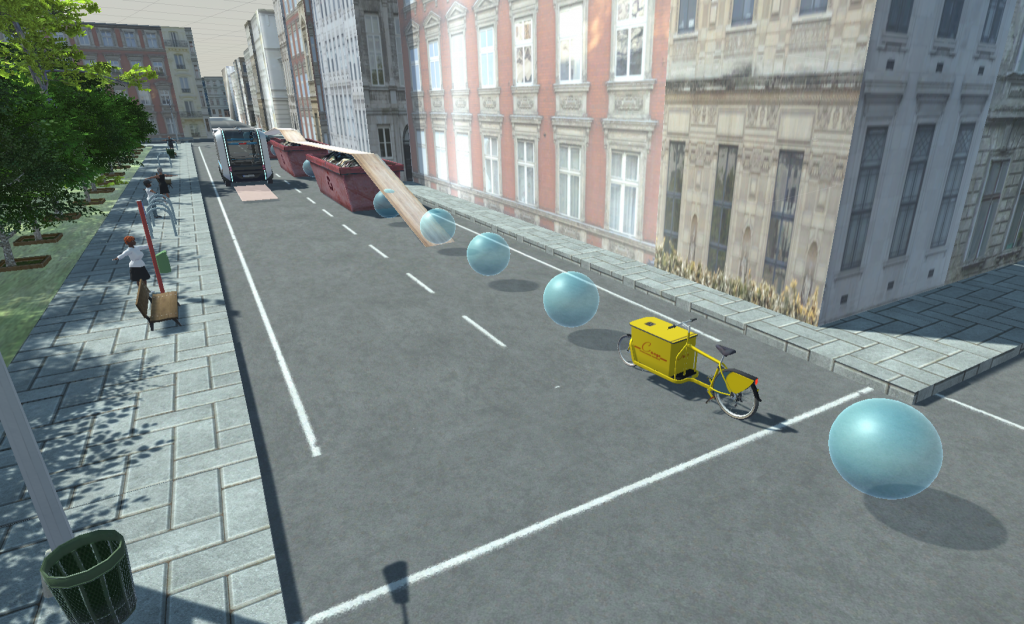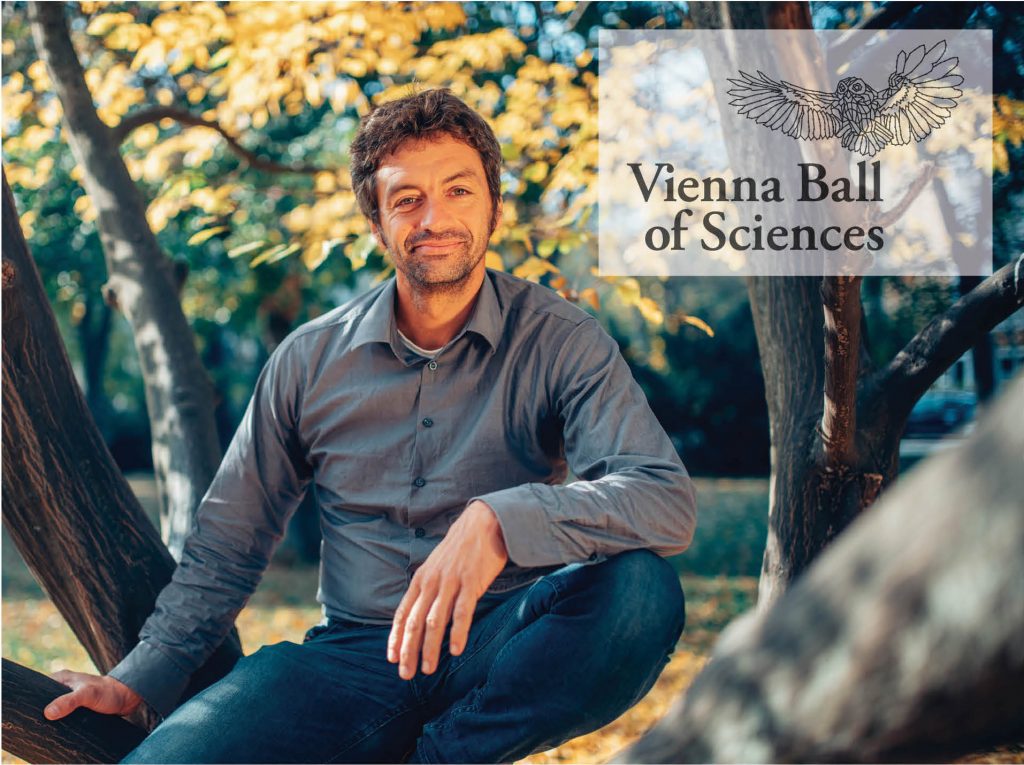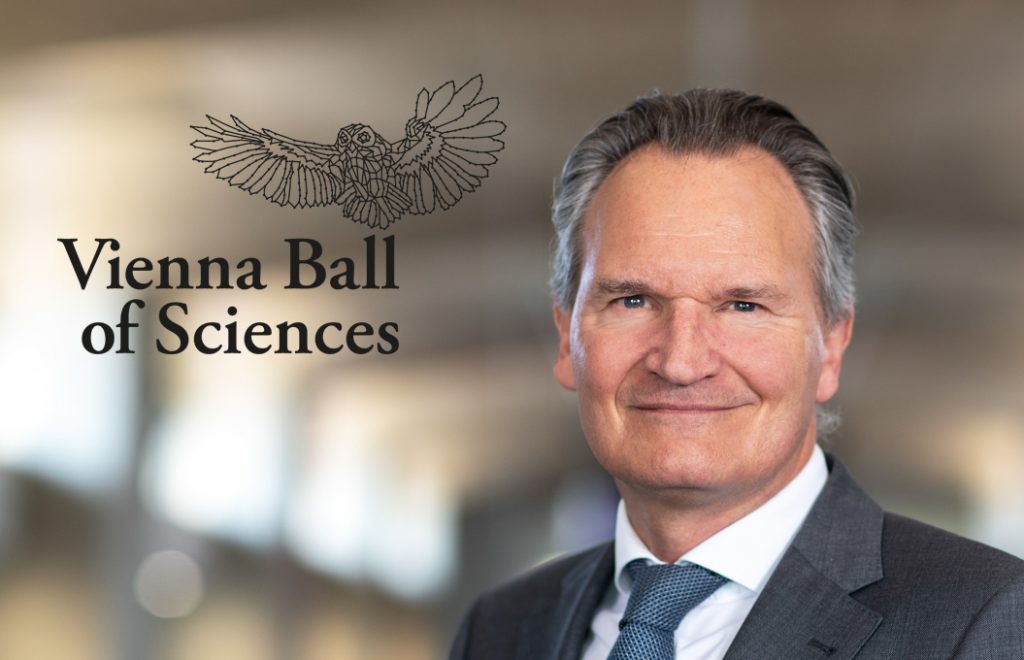It is a particular favorite at the Science Ball: the wrinkle-free photo box creates graceful silhouettes reminiscent of 18th-century silhouettes – depicting the faces of ball guests free of all worry lines and signs of exertion on the dance floor. The symbols are borrowed from science. Proceeds from the free-will donations will go to the MORE Refugee Initiative of the University Conference uniko.
Want to upload your own prom photos?
Feel free to do so at #sciball24 or @sciball
